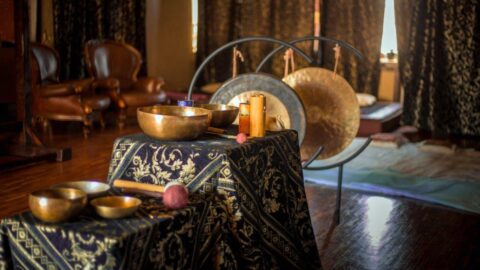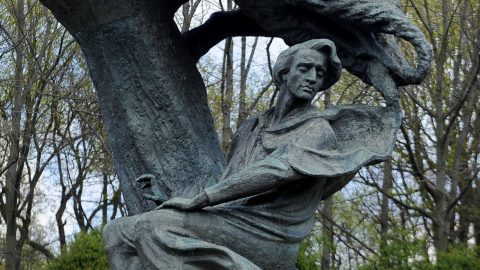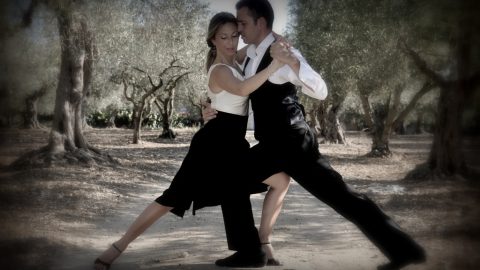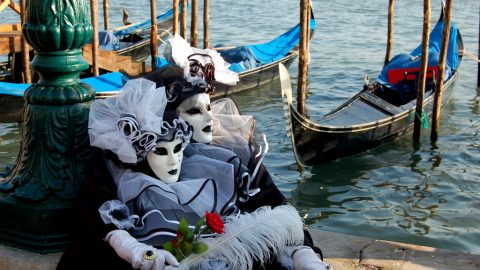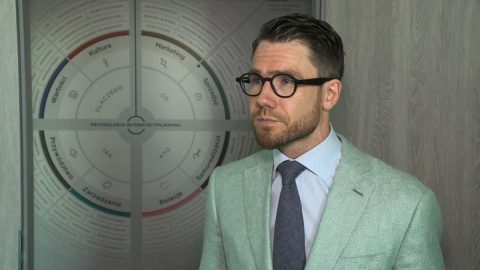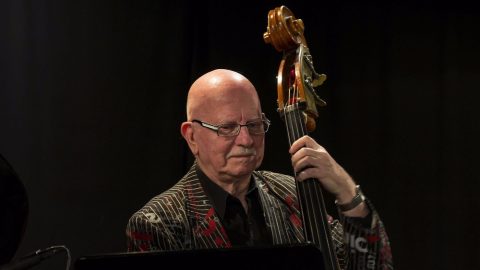In my last article, although I used my acting experience in Poland as an example, I wrote about some of the differences between the UK and Poland in the general perception of the concept of professionalism. Of course this, like so many others connected with something as subjective as the arts, is not a binary issue. There are mechanisms by which talented, unschooled musicians and other performers/artists can become recognized.
In the last few years, the explosion onto our television screens of the talent-show reality format has, whether we like it or not, simultaneously provided a new genre which seems to be massively popular, and a set of channels by which amateurs can at least have their moment of stardom. In a few cases these also lead on to lucrative careers, the signing of contracts, and invitations to have scary things done to you on other reality shows with the word ‚celebrity’ somewhere in the title.
Taking a step down from the allegedly glamorous world of TV however, we can see that both in the UK and Poland, this type of activity has already been going on for a long time. Last Summer, I was very pleased (and more than a little surprised) to be offered the chance to be on the panel of judges at the jazz competition held as part of the Golden Washboard (Złota Tarka) Festival, in Iława. This festival, for those of you who don’t know it, is an international festival, and is specifically for Traditional (i.e. old) Jazz.
For the audiences, this means that for most of the festival they will be listening to a wide selection of very old standards, almost entirely swing, with a bit of gospel thrown in for good measure on Sunday morning. The main venue is the reassuringly-named “Louis Armstrong” stadium. The standard of musicianship is generally high, and there is always a headline act of international repute.
For the competition judges, I found that it’s a little bit more stressful. I was relieved to be told that I would not have to deliver a live judgement in Polish to the performers, in the style of X-factor. However, that’s not the real problem. At competitions such as these, it’s very common for well-known performing jazz professionals to compete alongside and against enthusiastic amateurs, and at a festival such as Złota Tarka, the chances are very strong that judges will have to pass judgement on friends and colleagues from the jazz scene. To take 2016 as an example, I counted eight competitors on the competition stage with whom I have performed at some time.
Theoretically, one should simply be able to ignore all considerations other than the quality of the performance, but if your favourite performance happens to be that of someone you consider to be a colleague or even a friend, it becomes difficult fully to trust your own judgement.
Two factors helped very much on the day, namely that only the judges knew who voted for whom and with how many points. The other was that at least half of the entrants pretty much disqualified themselves with their style or choice of music. You won’t win a Chopin competition by playing a couple of Abba tunes, and some of the performances were simply not old jazz, by any definition. Still, I was left at the end of the competition with a very difficult choice, between two performers whose standard I consider to be at least as good as my own, both experienced, both well-recognized on the scene. Eventually I just picked the performance I enjoyed slightly more at the time, which is really all you can do in the end. My choice wasn’t the winner, but I was just as happy with the panel’s overall choice.
So, what is the value of these competitions? Are they really an opportunity for hidden lights to shine? If you’re a young musician and you don’t win any competitions, does that mean that you’re no good? Are there performers who shouldn’t be allowed to compete?
I suppose it’s all good fun and reasonably fair in the end, if we don’t take it too seriously. After all, Charlie Chaplin once entered a Charlie Chaplin lookalike competition, and lost.
Tekst: Mark Shepherd
Mark Shepherd
Latest posts by Mark Shepherd (see all)
- Mark Shepherd – #5 – A Little Less Elbow, Please - 29 września 2017
- Mark Shepherd – #3 –Are You Boared, Your Excellency? - 21 maja 2017
- Mark Shepherd – #2 – Are You Performing Or Competing? - 14 lutego 2017







